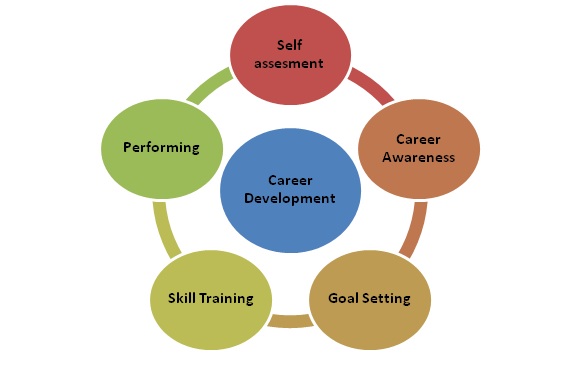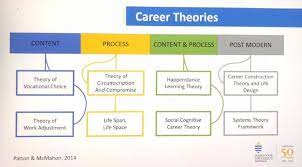
Answering the question "Where will you be in five years?" Here are some mistakes to avoid. It is important that your answer be specific to the job and company you are applying for. You must not lie to a recruiter.
Making mistakes when answering "Where will you be in five year'?"
When answering this question, prepare a sample answer before the interview. This will ensure you provide a thoughtful, concise answer and not just fluff. When you write your answer, think about your career goals and how they relate to the job you are applying for.
In answering this question, make sure that your answer is credible and relates to the company's long-term goals. You need to show that you have a long-term interest in the organization and hope to grow with it. You should be specific but also include your short-term goals.

It's a good idea for you to create your five year plans if you're asked, "Where do you see you in five years?" Write down your goals, the environment you prefer and the culture that you want to work in. Next, give your vision for the future five years to your interviewer. Though it can be difficult to see where you'll end up in five years, it is possible to write down your thoughts and give a thoughtful answer.
Tailoring your answers to the company
When preparing your answer, make sure to take into account your personal and professional goals. Both the current company in which you work and your future plans for the next five years should be taken into consideration when answering this question. You should not answer the question with "I don’t know" or “I don’t know what I would like to do.” Instead, it is important to have a clear picture of where you want to go and what you wish to accomplish in the company.
While it may be difficult to answer, this question can also be a powerful way to demonstrate your ambition. You can show that your goals align with the company's values and job description by tailoring your answer to where you see yourself in the future. If you are applying to a position in marketing management, your answer might talk about leading and developing innovative campaigns.
Refrain from lying to a recruiter
For avoiding lying to a recruiter, make sure that you have enough information about the job and about the company. Ask questions during interview. While the recruiter may not have your best interests at heart, you should be prepared to answer any questions that they may pose.

Although recruiters are honest and committed to finding the right match, they also have human nature and might feel uncomfortable telling the truth. They must keep certain information secret to preserve company reputation and protect candidate's privacy. Recruiters are also afraid that candid feedback might make them look creepy, annoying, or grating. Recruiters lie more to protect themselves than to cause damage to the candidate.
A good way to find out if a candidate lies is to ask them if they can give specific examples of their actions. The recruiter may suspect that the candidate is lying if they are unable to provide examples. This could also cause the recruiter to feel anxious.